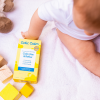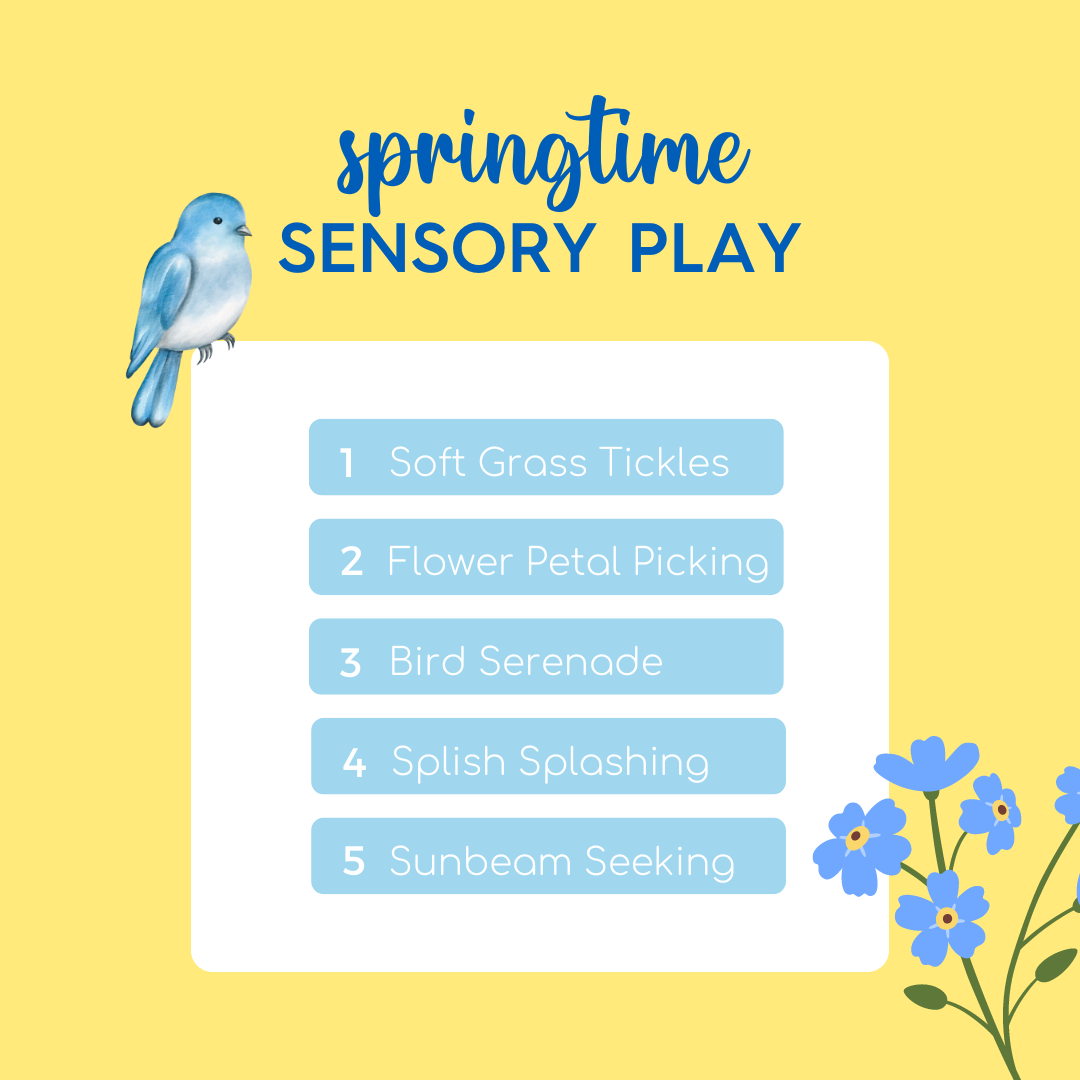Small Practices to Make Your Day Easier with a Colicky Baby

Babies cry all the time—but parents of a colicky baby know that they have to deal with more crying than the average parent. It can be a bit frustrating at times, as it often happens for no reason. No amount of consoling seems to work, and hearing other moms talk about their well-behaved angel certainly does not help. Even if your family doctor assures you that the colic phase will eventually pass, dealing with it at the moment is an entirely different roadblock.
So today, we will be sharing a couple of tips that can help you survive your days with a colicky baby.
Be kind to yourself
Before anything else, it is important to be kind to yourself. Even though colicky babies are clinically healthy, all that crying can surely make a parent feel like they have failed in some aspect. You will start questioning yourself and your ability to raise a child. Continue with this line of thought, and this could lead to lots of stress, or worse, depression.
Take a deep breath and address the episode when it happens. Mommy blogger Katie from Wear Your Mom Genes says that applying gentle pressure to their tummy can help lessen whatever discomfort they may be feeling at the moment. “I reclined longways on the couch with my knees at an angle (feet still on the couch) and leaned her over my knees,” Katie explains. “While she was in this position, I would rub her lower back and sides, and it would usually help her to stop crying.” She also recommends the football and kangaroo carries, as they also put slight pressure on the baby's tummy. The former is done by carrying your baby on your forearm with their face at the crook of your elbow. Meanwhile, a kangaroo carry entails you wrapping your baby tight against your breast.
Do not blame yourself for your baby’s actions. If the prolonged crying is making you nervous, it is important to know that there are ways to lessen their intensity. Keep calm and always remember that you are doing all that you can to be a loving parent. Never downplay your efforts.
Take frequent breaks
Depending on how bad your baby’s colic symptoms are, the frequency of their episodes could last anywhere from a few minutes to a couple of hours. Despite all this, never forget to give yourself a breather. There may be times where them not crying can often make you feel sad—after all, those are the rare opportunities to create happy memories with your baby. However, it is important that you use those hours to rest. “If you can, enlist help during the fussiest times of the day,” advises professionals from HelpGuide. Indeed, the thing about colicky babies is that they often cry the same times of the day. This could be due to several factors, like environmental changes, the time of day, the number of naps they've had, or even time away from you. Knowing when they are going to have an episode can help you structure your breaks much more efficiently.
Furthermore, never say no to people when they offer to help you with housework, meals, and other activities. Leave the baby alone with your partner or a carer for a few minutes and try to relax. This could be anything from a quick nap to brewing yourself a mug of tea. When you get back to your baby, you will find that you are more mentally up to the challenge.
One of the most difficult parts of managing a colicky baby is asking for help. But, let’s face it—you need all the help you can get. This brings us to our next point.
Tap into support systems
Caring for a colicky baby can be expensive not just in terms of time, but also in terms of money. There are many products out there that have been developed to help parents care for their colicky babies. But not all of them will be gentle on your wallet. For instance, a 2011 study published in The Journal of Family Practice found that anti-colic probiotic bottles can cost as much as $37. For comparison, that is worth more than 180 disposable diapers.
As a parent, you only want the best for your kids. And if this means buying pricey remedies, you will spare no expense. But the financial strain on top of the stress of caring for a colicky baby will do your mental health no good. Fortunately, there are plenty of support groups for parents with colicky babies. Resilience coach L. Barbour with Optum at Goldman Sachs explains that this does not make you weak. “Requesting and receiving support from others is a sign of strength,” she says. “It reflects self-awareness and trust in yourself and others.” Relying on friends and relatives does not make you less of a parent. In fact, it shows that you are willing to go the extra mile.
Plus, not only do other parents provide good support, their experience can help you figure out the most cost- (and time-) effective ways to get the best care for your kids. For example, our Colic Calm gripe water is an affordable, FDA-listed homeopathic medicine that can ease your baby’s discomfort—and colicky baby parents have written plenty of testimonials to prove it. “My son would scream and cry in pain from 11PM to 3AM,” said one of our customers. “I broke down and went and got this at 1 AM and gave it to him. [He] stopped crying and went sound to sleep.”
They may also recommend certain white noise machines, baby wraps, and mobile toys to help calm them down. Every baby responds to stimuli differently, however, so it is up to you to find the one that works for yours.
You do not have to be perfect; that is not what parenting is about. Instead, admit your shortcomings and tap into any available resources to make your experience much more bearable. Remember that it is not your fault and that the colic phase will end eventually. You just have to hang in there.
 Canada
Canada South Africa
South Africa UK
UK EU & Int
EU & Int Ireland
Ireland Australia
Australia Brazil
Brazil New Zealand
New Zealand













Comments